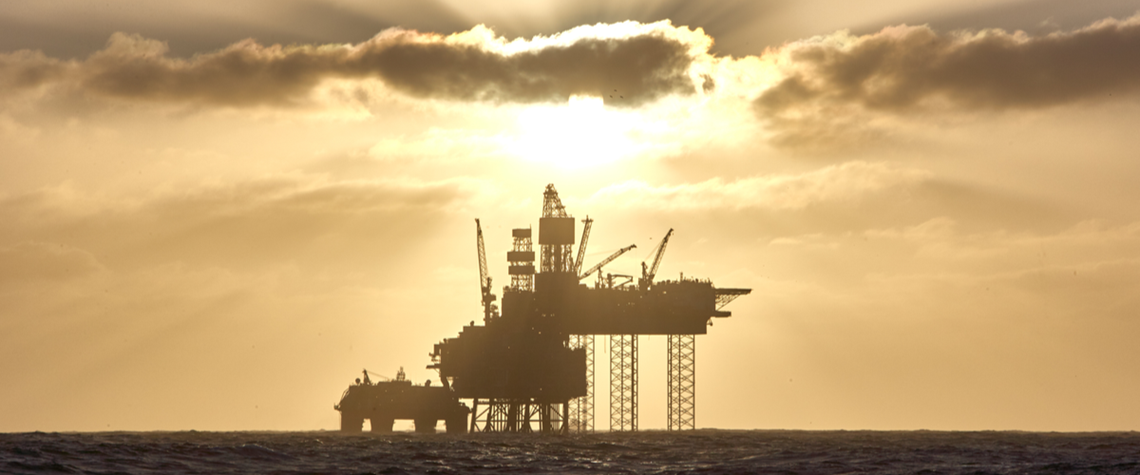Outlook 2022: A ‘just’ or ‘just in time’ transition for the UK North Sea?
For over 200 hundred years, the world has relied on fossil fuels for affordable, reliable energy. How does it get to an economy based on greener energy without triggering an adverse reaction?
This year saw dramatic manifestations in the UK of the delicate nature of energy supply and demand. A mere suspicion of potential fuel shortages resulted in panic buying of petrol. And a slew of energy suppliers went bust due to record wholesale gas prices juxtaposed with a government-mandated energy price cap. There are varying schools of thought on how to move forward as we go into 2022. One is to stop investment in fossil fuels immediately and live with the consequences, with any disruption justified to expedite green energy development as a matter of necessity. The other is a more conservative—or perhaps pragmatic, given the underlying market structures—approach, looking at the forecast

Also in this section
17 February 2026
The 25th WPC Energy Congress, taking place in Riyadh, Saudi Arabia from 26–30 April 2026, will bring together leaders from the political, industrial, financial and technology sectors under the unifying theme “Pathways to an Energy Future for All”
17 February 2026
Siemens Energy has been active in the Kingdom for nearly a century, evolving over that time from a project-based foreign supplier to a locally operating multi-national company with its own domestic supply chain and workforce
17 February 2026
Eni’s chief operating officer for global natural resources, Guido Brusco, takes stock of the company’s key achievements over the past year, and what differentiates its strategy from those of its peers in the LNG sector and beyond
16 February 2026
As the third wave of global LNG arrives, Wood Mackenzie’s director for Europe gas and LNG, Tom Marzec-Manser, discusses with Petroleum Economist the outlook for Europe’s gas market in 2026







